Have you ever wondered if the air inside your home could make you sick? It's a valid question, especially when thinking about the hidden parts of your home, like air ducts.
Read Full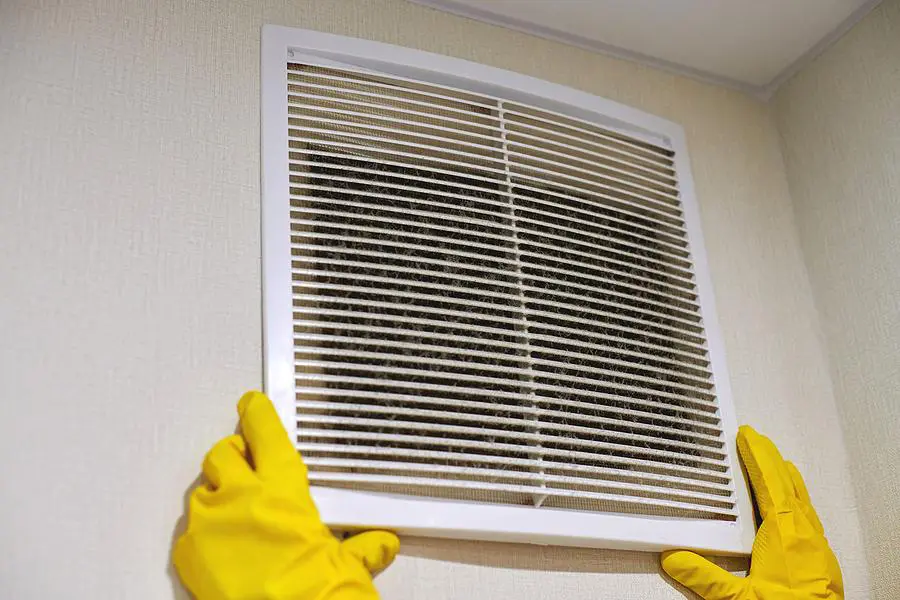
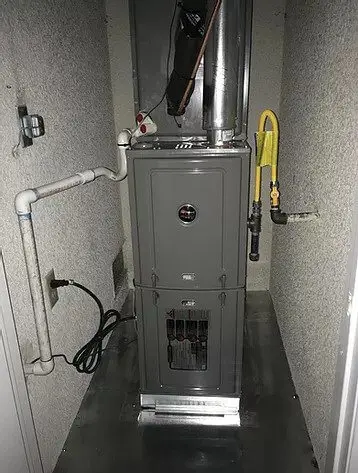
Deciding when and why to upgrade or a heating replacement of your home's furnace can have far-reaching financial and personal effects. A crucial element of HVAC, furnaces bear the weighty responsibility of keeping living spaces warm during cold months. Zion Custom Air discusses how you can determine its suitable lifespan, considering various factors.
An average furnace can typically last anywhere between 15-20 years with proper care, though its exact lifespan will depend on several variables - installation quality, make and model, frequency of usage, and regular professional HVAC service provider maintenance are just a few to keep an eye out for when considering lifespan projections.
As your furnace ages, it may signal it needs replacing by showing signs of frequent breakdowns, unusual noises, and rising energy bills, suggesting its performance has declined substantially. Calls to repair services could also indicate its imminent demise, as could an increased frequency in its scheduled maintenance needs compared to prioritizing regular service visits as potential indicators that your unit may soon require replacement.
An additional indicator to look out for in your home's air quality is changes to dust, soot, or rust particles; inconsistent humidity levels in your house; or signs that suggest improper operation from your furnace could all be telltale indicators that it needs immediate inspection by professional HVAC services. Carbon monoxide exposure poses serious health risks requiring prompt, professional assessment from HVAC providers as soon as possible.
Regular furnace maintenance by an HVAC company can extend its life significantly. Regular professional check-ups will keep your system clean, identify potential issues before they escalate, and identify solutions quickly and cost-effectively to keep running at peak performance. During these visits, technicians perform furnace repairs or adjustments for peak furnace operation efficiency.
In addition to professional maintenance, simple steps can help your furnace stay in excellent shape. Altering filters regularly, ensuring vents are clear of furniture or draperies blocking them off, and keeping its surroundings tidy all ensure it runs more efficiently.
If the cost of repairs exceeds 50% of what it would take to purchase a new furnace, replacement might be more financially prudent. Furthermore, newer models tend to be more energy-efficient, saving on long-term heating bills.
Modern furnaces feature advanced features like modulating heat outputs and variable-speed blowers to increase comfort while operating more quietly and efficiently over time. Over time, these enhancements could reduce household energy usage and decrease utility bills.
Consider also how efficient your current furnace is; low Annual Fuel Utilization Efficiency (AFUE) ratings indicate ineffective fuel usage that results in higher bills and wasted heat energy production. Current high-efficiency models boast up to 98.5 percent AFUE ratings for maximum heat production efficiency - this may reduce operating expenses significantly over time and more effectively offset any upfront replacement cost by savings accrued through reduced running expenses over time.
Consideration should also be given to your furnace's environmental impact. Aging units consume more energy while having a greater negative effect on the planet; upgrading to more eco-friendly and cost-effective models would go far toward mitigating carbon emissions and decreasing your carbon footprint.
It is worth remembering that upgrading your furnace may come with financial benefits. Some governments provide rebates or tax credits to homeowners who install energy-efficient HVAC systems - providing some relief against upfront costs while making it an even more appealing prospect.
Deliberating whether to keep or replace your furnace should depend upon several key considerations: performance, cost and frequency of repairs, energy efficiency, and personal comfort and safety. Consulting a reliable HVAC provider for guidance is vital when making this important choice; they will assess its condition while offering estimates for repairs or replacement as well as guide you through available options and make an informed recommendation to make an educated choice.
As mentioned, there is no one-size-fits-all answer for how long to keep your furnace. Instead, this decision depends upon a careful balance of performance, efficiency, and economic considerations. Staying informed and proactive regarding its condition and maintenance while working with Zion Custom Air will ensure your home remains warm, safe, and energy-efficient for many years.

Have you ever wondered if the air inside your home could make you sick? It's a valid question, especially when thinking about the hidden parts of your home, like air ducts.
Read Full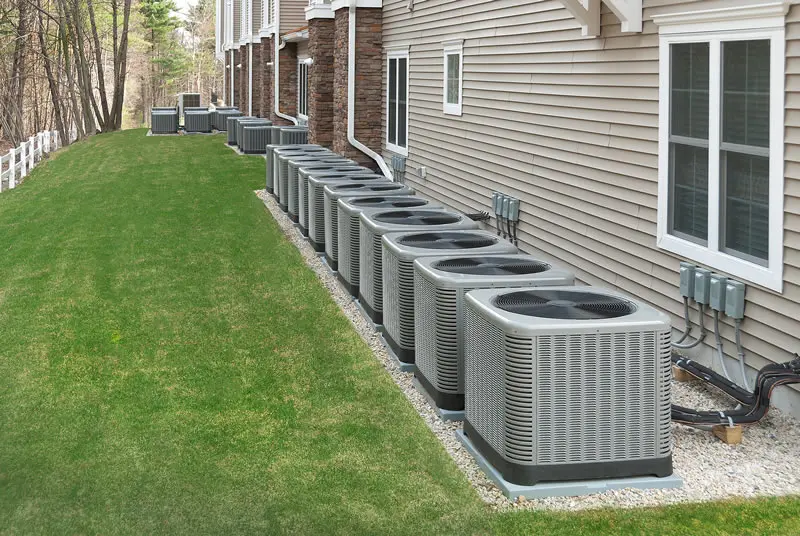
Finding ways to keep your home comfortable throughout the year can be difficult. Various solutions are available, but here, we will focus on two popular ones—heat pumps and
Read Full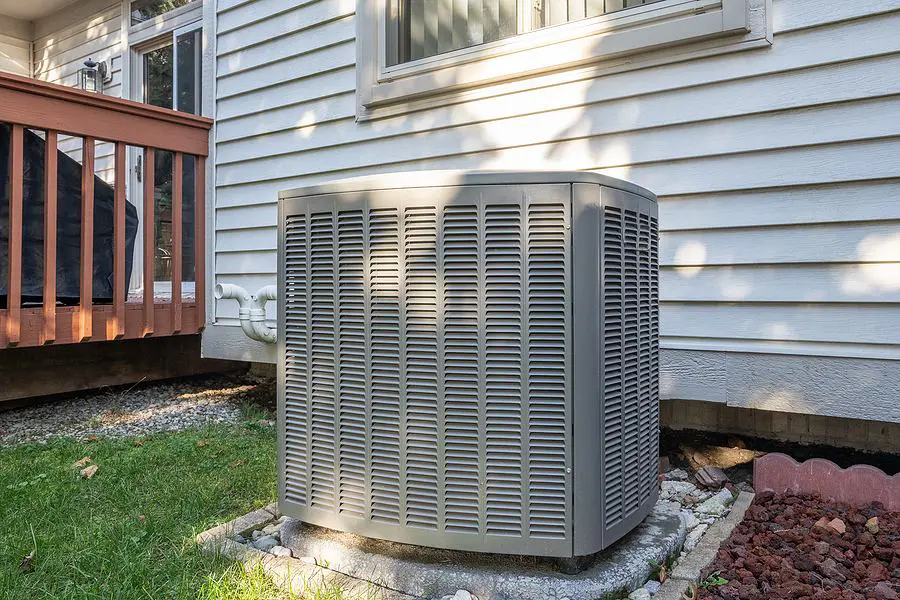
Finding an appropriate heating replacement and cooling system to keep your home comfortable can be challenging. Two popular choices are forced air systems and central air systems.
Read Full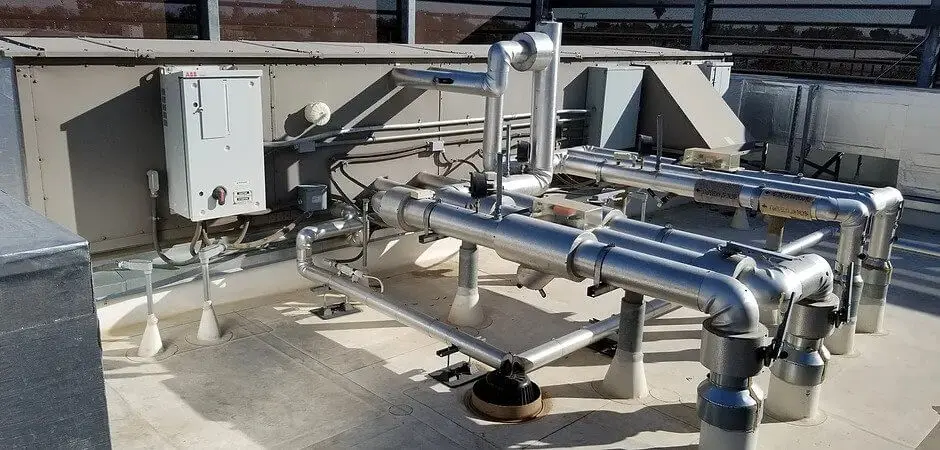
Finding the optimal heating design for your building is like selecting the ideal winter coat: It should fit comfortably, provide warmth without breaking the bank, and last through several
Read Full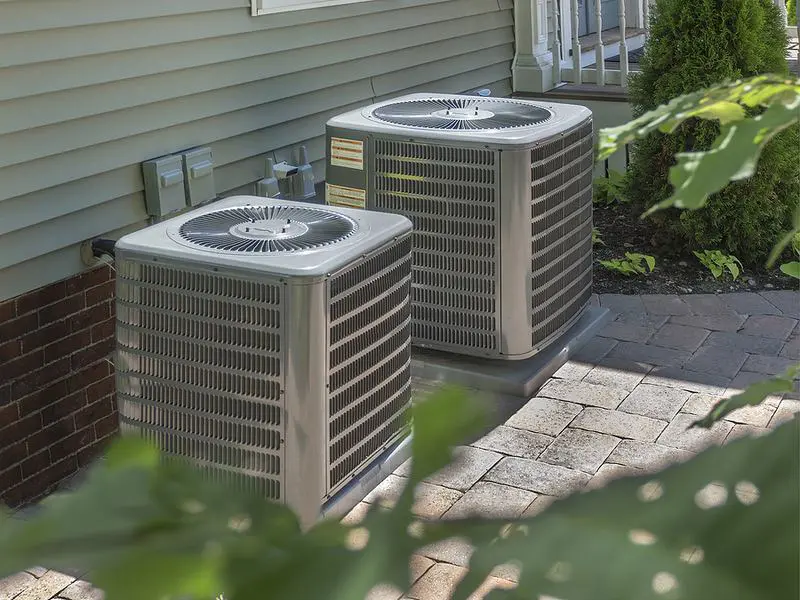
Heat pumps are like superheroes for our homes, keeping us cozy during winter and refreshing during summer. Unfortunately, even superheroes sometimes need help, so
Read Full18723 Via Princessa Ste 135, Santa Clarita 91321
661-361-3535Your local professional HVAC technicians. Schedule Heating & Cooling service today.
